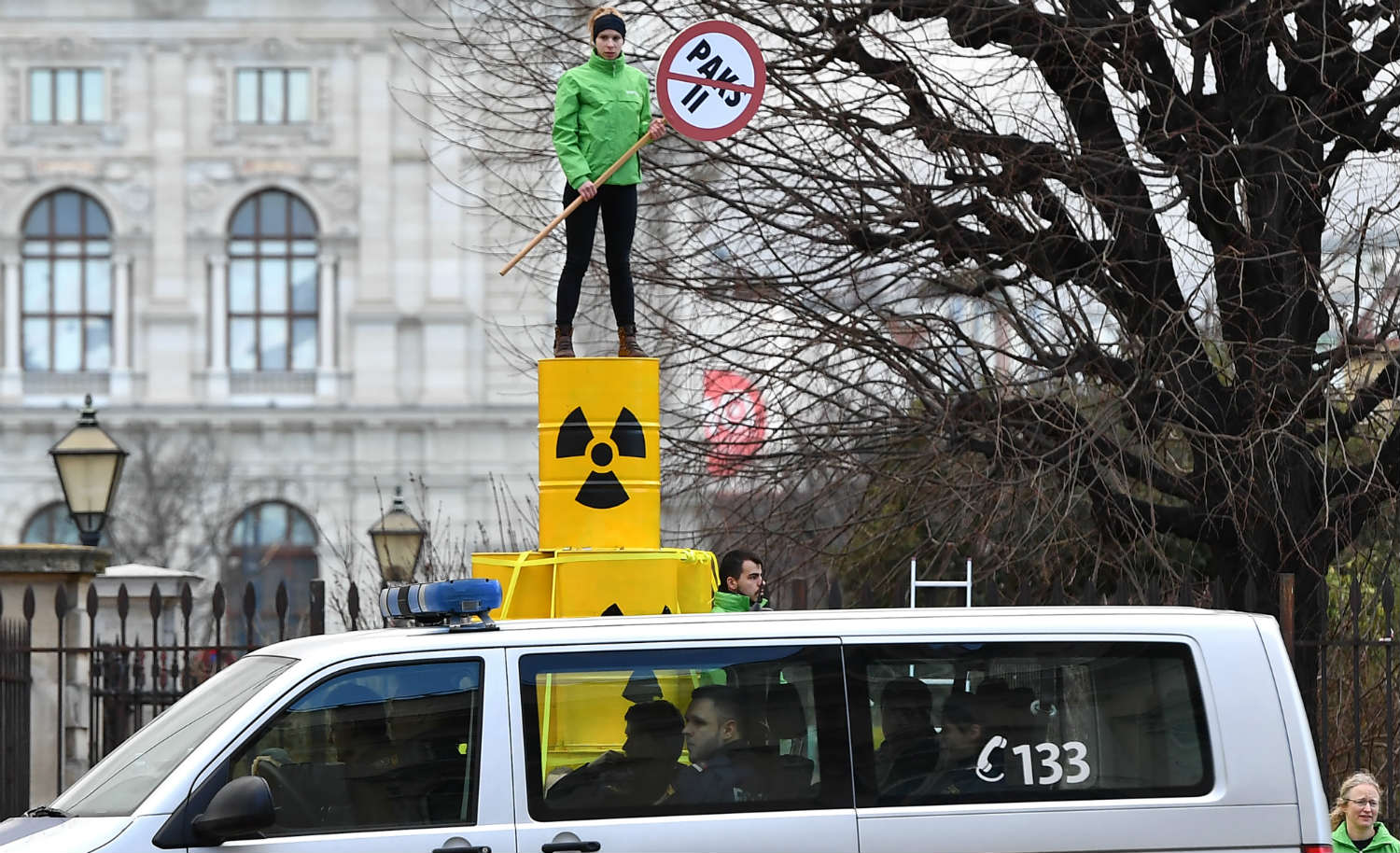The plant is Hungary’s only nuclear facility and supplies around 40 percent of its electricity needs.
“For our nature, our environment and our unique landscape, we must take up this David and Goliath struggle,” sustainability minister Elisabeth Köstinger said in a statement, confirming the launching of the complaint at the Court of Justice of the European Union.
“Nuclear energy must have no place in Europe. We will not budge one centimetre from this position!” she added.
In its decision the European Commission judged that the project met EU rules on state aid, but Austria disputes this.
Austrian environmental campaigners praised the new centre-right government for pursuing a legal action that had been planned by the Social Democrat voted out of power late last year.
The Paks plant was built with Soviet-era technology in the 1980s during Hungary’s communist period.
The construction of two new reactors at the site is part of a 2014 deal struck between Hungary’s right-wing Prime Minister Victor Orban and ally Russian President Vladimir Putin.
The work, to be carried out by Moscow’s state-owned nuclear agency Rosatom, is set to more than double the plant’s capacity.
Hungary’s opposition has criticised the awarding of the contract to Rosatom without holding an open tender.
In 2015, the Hungarian parliament voted to keep the details of the deal secret for 30 years, something Orban’s Fidesz party said was necessary for “national security reasons” but which critics said could conceal corruption.
Since the late 1970s, Austria has been fiercely anti-nuclear, starting with an unprecedented vote by its population that prevented the country’s only plant from providing a watt of power.
Austria filed a complaint against EU-approved state aid for the Hinkley Point C nuclear plant in Britain in 2015, arguing that atomic energy was unsustainable and high-risk.

